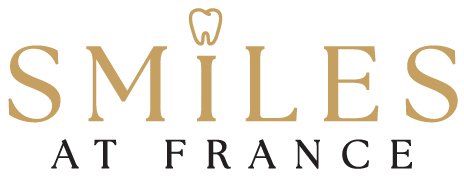Looking for a Minneapolis Dentist for Bruxism
Are you clenching and grinding your teeth?
One of the most overlooked problems many of our patients are affected by is the wearing away of valuable tooth structure from bruxism.
Clenching and grinding teeth together can cause teeth to chip, fracture, roughen, wear, become loose or move to another position. Bruxism can shorten and alter the shape of front teeth, making them unaesthetic and can even negatively influence speech! Wearing a protective Anatomic (Tanner) appliance at night offers significant protection from further damaging, protecting your valuable smile.
If teeth are badly broken, worn short or have poor aesthetics, restorative treatment with crowns or veneers may be required.
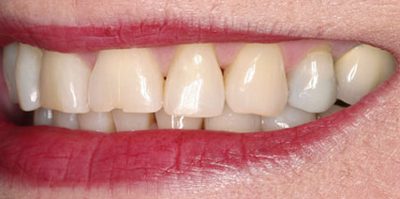
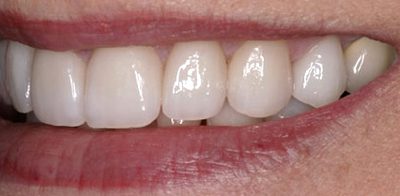
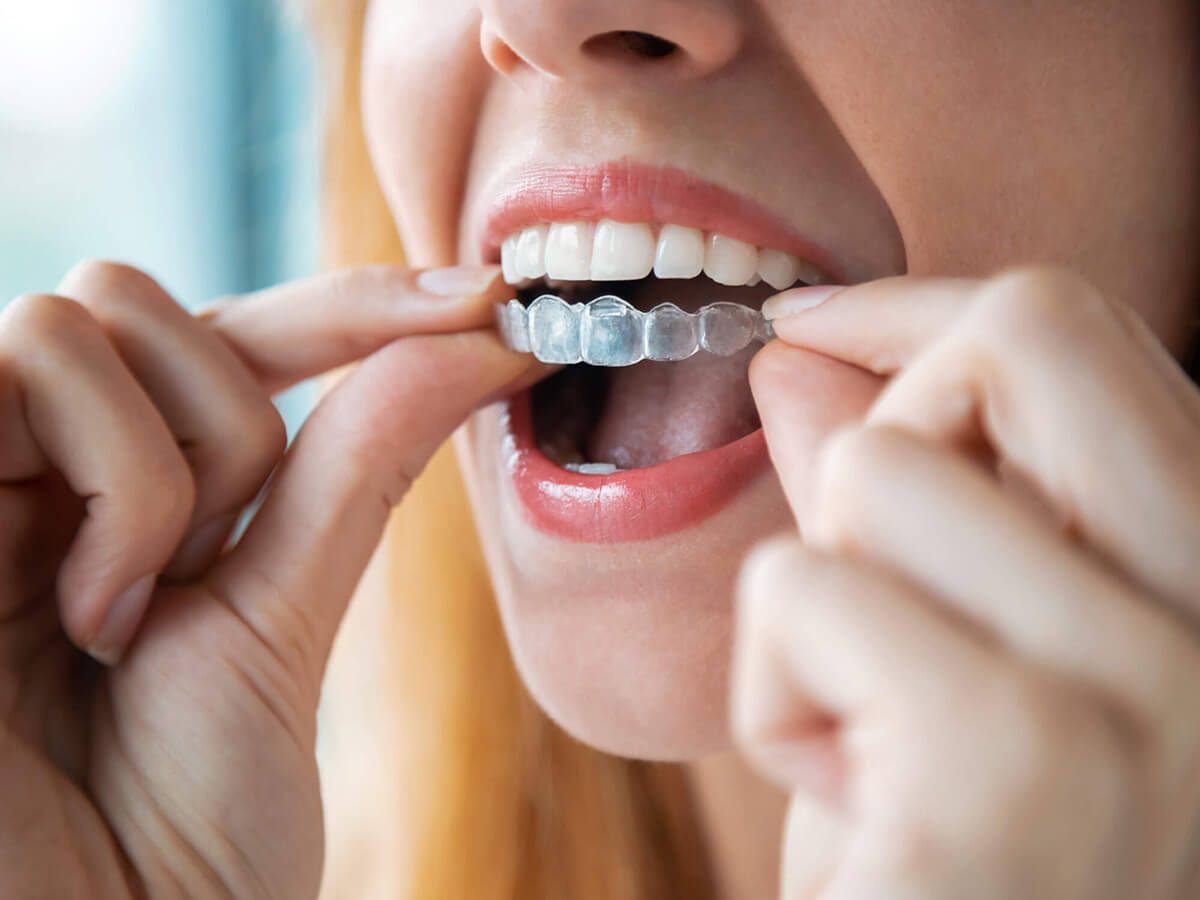
Treatment of TMJ and Bite Disorders
Dental appliances (night guards, occlusal splints, bite splints) are designed to protect the teeth from nightly clenching. Because the teeth touch the appropriately designed appliance, the appliance spreads out the forces and cushions the teeth. Muscle/tension, headache pain, migraine pain and temporal mandibular pain are managed with dental appliances. These appliances contribute to muscle relaxation, hence the pain relief.
The general protective appliance goals are to:
- Reduce any pain: tooth, gums, jaw muscles, jaw joint, headache and/or migraine pain that is related to nightly clenching/bruxing.
- Protect teeth from intense unconscious nightly forces that can crack, chip or roughen the teeth and age a smile.
- Protect and reduce the intense forces that cause teeth to loosen or change positions.
- Stabilize the position and health of the teeth, muscles and joints.
Equilibration
If the natural fit of the teeth has been worsened by bruxism, often the teeth are fractured, chipped and roughened and may benefit from a bite adjustment. Dentists often call adjustment of one’s bite an equilibration. The scope of an equilibration or bite adjustment can range from refining the bite of a only a few teeth, to a general improvement in how all the back and front teeth fit together and slide against each other.
Not everyone needs to have a refined bite. This has to be determined individually by a dentist who understands how to distinguish a healthy from an unhealthy bite (occlusion).
With a healthier bite, all of the available back teeth touch at the same time, with the same pressure. The contacts should be centered and straight up-and-down. Back teeth should not be painful, nor should they vibrate, wiggle or move when tapped or pressed together. Biting contacts that are off-center on the teeth or heavier on one group of teeth over another may contribute to teeth fracturing, loosening or becoming painful.
Following an equilibration, the front teeth should rub smoothly forward and back from your back tapping bite. Edges of the front teeth will be polished smooth to resist further chipping. Front teeth should not be painful, nor should they move, vibrate or change position when they are rubbed together.
Protection from rubbing and clenching is best accomplished with the nightly appliances mentioned here. Bite adjustments are designed to protect the teeth from daily use when not wearing a protective appliance. The bite adjustment better distributes any tooth-to-tooth-touching pressures so the teeth can better resist daily forces without becoming loose or painful. These adjustments involve precise reshaping and polishing to make them smooth and even!
Before
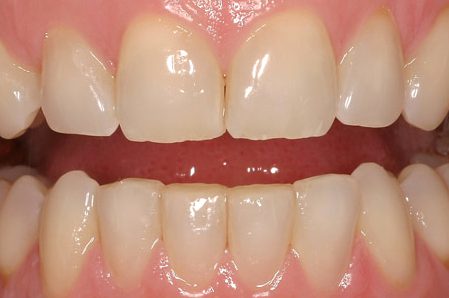
Check out the magnified edges. Rough edges like these are weak and prone to further fracturing during chewing and bruxism. Left rough, they are at risk of requiring more extensive bonding or porcelain veneers when the damage accelerates to larger fractures. These rough areas catch and flake away when they contact each other or even certain foods.
After
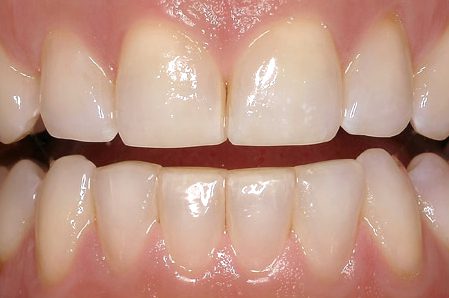
After they are reshaped and polished, the teeth become stronger and are less likely to chip during use. If nightly bruxism is the cause of the roughness, wearing a protective appliance is recommended to keep the teeth from rubbing against each other.
The Anatomic (Tanner) Bruxism Protection Appliance
The Anatomic (Tanner) appliance is custom designed and fitted to the lower teeth to protect them from unconscious nightly bruxism. The appliance is designed so that all of the back teeth touch at the same time in order to distribute the forces of clenching through these teeth to the protective appliance. The front part of the appliance is designed to allow the jaw to rub smoothly from one side to the other, with little frictional resistance. Since the appliance is hard, it supports the bite, but it is slightly softer than your valuable natural teeth. If destructive grinding wear habits persist, the appliance will absorb the abusive wear, preserving your natural teeth and smile.
Nightly bruxism often damages teeth and alters how teeth fit together when tapping, pressing or rubbing. This altered fit can further damage the teeth and become a resistance source for tooth, muscle, and headache or jaw joint pain. The Anatomic (Tanner) appliance is the only appliance where a person can “test” or “try-out” the design of an improved bite before any teeth are reshaped or restored. If wearing this “test” bite improves a person’s symptoms and reduces any loosening of the teeth, then these changes can often be applied directly to the teeth.
When the Anatomic (Tanner) appliance is fitted on the lower jaw, it is less noticeable to the tongue, and more comfortable during talking and swallowing. It must be thin in these areas to accomplish this. Proper shaping and thinning of an appliance takes considerable artistic skill, so that it can be worn with comfort and confidence.
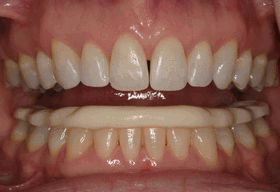
NTI Tension Suppression System Appliance
The NTI-TSS appliance Nociceptive Trigeminal Inhibition -Tension Suppression System, developed by Jim Boyd, DDS, is designed to alleviate migraine headaches. Its ingenious front-tooth-contacting-design reduces the muscular forces that contribute to migraine and muscle tension headaches. Dr. Boyd’s website thoroughly covers the indications for the NTI appliance and the reasons for its successes. Additional information is found by visiting Dr. Boyd’s web site.
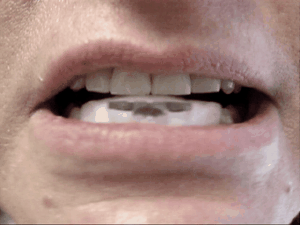
Soft Athletic Mouthguards or Whitening Trays
These mouthguards, because of their soft and flexible nature, often encourage additional clenching. The soft material may wedge between teeth, increasing the risk of fracturing or causing tooth movement and pain. Long-term use of a soft appliance is discouraged. Soft appliance applications are for very limited and specific short-term purposes only. They require careful monitoring by a dentist. They may be cheap, but may be risky for long-term use.
If you’re looking for a Minneapolis dentist for bruxism, experience and expertise are of utmost importance. Dr. Helget's experience will help you rest assured that you’re getting the best treatment.
Minneapolis Dentist for Bruxism
If you, a relative, friend or coworker have experienced bruxism – the clenching and grinding of teeth – you’ve come to the right place. Dr. Allison Helget, and her team at Smiles at France, are experts in this area. The effects of clenching and grinding your teeth may affect your smile, weaken your teeth, result in loss of teeth, cause headaches, TMJ, and more.
From her Minneapolis dentist office at 50th and France, Dr. Allison Helget treats patients that come from all over the metro area and beyond, including: Minneapolis, South Minneapolis, Edina, Eden Prairie, Golden Valley, Minnetonka, Plymouth, St. Paul, Eden Prairie, Richfield, Hopkins and Bloomington. If you’re experiencing bruxism, clenching and grinding of teeth, TMJ or the like, contact us soon.
To begin your path to a healthy and beautiful smile, contact our Smiles at France practice at (612) 824-7033.
